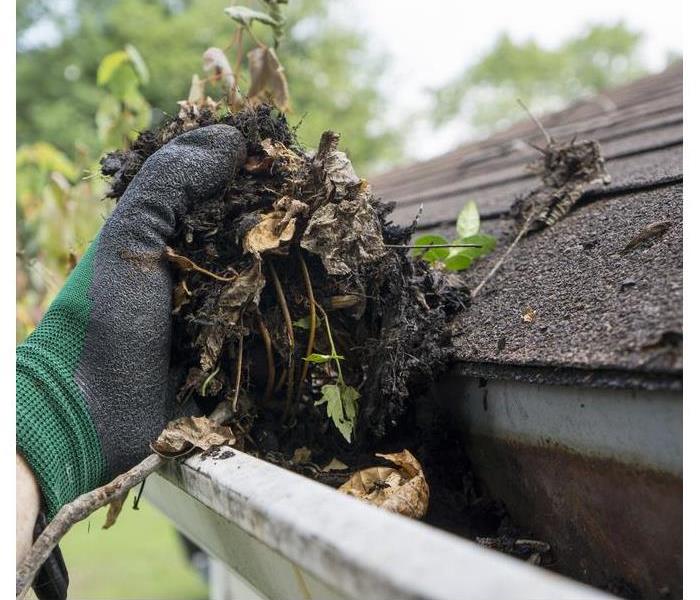How To Prevent Water Damage To Your Home
11/12/2022 (Permalink)
How To Protect Your Home From Water Damage
Water damage is a serious problem that can lead to mold and mildew growth, as well as costly repairs. In some cases, it can even be dangerous if it goes unchecked for too long. Thankfully, there are things you can do to prevent water damage in your Webster Groves, MO home. By following these tips and being mindful of your surroundings, you will be able to keep your home safe from any unwanted moisture problems:
How Can Water Damage Affect Homes?
Water damage can cause serious problems in your home. The effects of water on your home's structure, as well as the mold that grows after this damage has occurred, are very serious and can lead to costly repairs or even complete replacement of the damaged areas.
Water can quickly cause electrical issues in your house. In some cases, electricity may have been running through an area before it was flooded with water, causing short circuiting or other electrical issues. This could pose a fire hazard or even be fatal if there is no way for you to get out of the house once trapped inside due to malfunctioning doors or windows which cannot open properly thanks to water damage.
Keep Rain Gutters and Downspouts Clear
A clean and secure gutter system should be your first line of defense against water damage. Cleaning gutters regularly will ensure there are no tree branches, leaves or other debris that could become lodged in the downspout. If you notice a buildup of dirt or grime on your roof, it’s time to clean your gutters.
If you have clogged or damaged gutters, water can leak into your home through both corners that meet at an angle (called valley joints). In addition to keeping them clean and free of debris, it’s also important to have any broken sections repaired immediately so they don’t lead to leaks later.
Do Not Leave Dishwashers or Washing Machines Running When You Are Not Home
If you leave the washer or dishwasher running while you are not home and something goes wrong, it will cost thousands of dollars to repair the damage. You may think this is an unlikely scenario, but it happens more often than you think. Many people have experienced massive flooding in their homes because they left their washing machine running empty or did not properly secure their dishwasher door when they were done with a load of dishes. The best way to prevent this from happening is by following the simple rule that if any appliance has water flowing through it when you leave your house, turn off the water supply before leaving so nothing can leak out during your absence
Check Pipes and Hoses For Cracks or Leaks
You can do this by turning off the valve at the meter or basement floor and looking for drips or pools of water. You should be able to hear a leak, but if you can't then try placing a dish towel where you suspect there might be one and wait for it to absorb any moisture that may have gathered there. If it does, then you know that's where your leak is. If not (or if there isn't any moisture), then turn on the faucet; if no water comes out after 10 minutes of waiting, then check all places where pipes could possibly lead into the walls (ex: behind toilets).
Check your heating system once every month during winter months so that you're ready to fix broken parts before they cause bigger problems down the road!
Check Around Your Water Heater
A leaky water heater is usually the first sign of a water problem in your home. It's important to check around your water heater and look for signs of water on the floor underneath it. If there is no drain, it's possible to create one by drilling a hole into an exterior wall, running PVC pipe through it, and connecting it to an existing drain.
If you find that your tank is leaking or cracked, then replacing just the tank may be enough. However, if this doesn't solve the problem then repairing cracks in pipes using epoxy can also work well.
When To Call a Professional
- When the damage is too extensive.
- If you are not sure what to do.
- If you are unsure of the source of the water.
- If you are not sure how to fix it.
It’s important to avoid water damage in your home as much as possible. If you notice any leaks or signs of water damage, call a professional immediately.





 24/7 Emergency Service
24/7 Emergency Service
